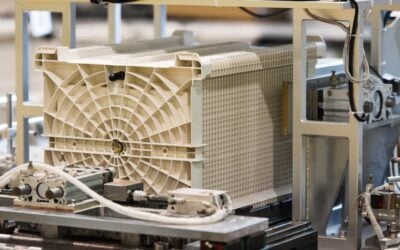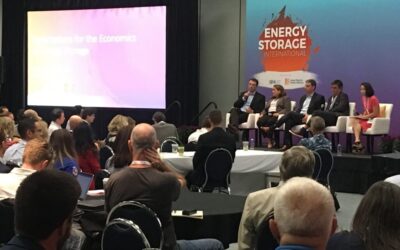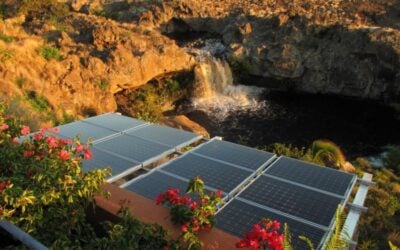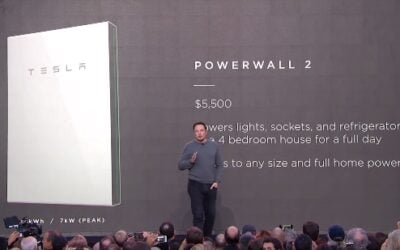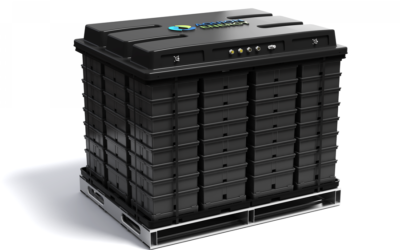US battery and energy storage system manufacturer Aquion Energy has closed a US$36.8 million financing round, which it will use for purposes including scaling up production and deploying storage projects internationally.
Aquion Energy launched the second generation model of its Aqueous Hybrid Ion (AHI), at the Solar Power International show in Las Vegas, Nevada, last month. The company, headquartered in Pennsylvania, claims the latest version of AHI is designed specifically to be paired with solar for long duration applications. In other words, the four to 20 hours of stationary storage offered by the product mean that solar energy generated during daylight hours can be used consistently overnight, Aquion claims.
Enjoy 12 months of exclusive analysis
- Regular insight and analysis of the industry’s biggest developments
- In-depth interviews with the industry’s leading figures
- Annual digital subscription to the PV Tech Power journal
- Discounts on Solar Media’s portfolio of events, in-person and virtual
Or continue reading this article for free
The daily deep cycle battery uses saltwater electrolytes, with a manganese oxide spinel cathode and carbon composite anode. Aquion claims AHI uses non-corrosive reactions at the cathode and anode, preventing material deterioration and also said the materials are non-toxic and non-combustible. Aquion said it believes the batteries to be better value than its lithium and lead acid based counterparts. The company’s systems can be used in applications ranging from microgrids to utility-scale grid balancing.
Aquion Energy's M-Line battery stack. Image: Aquion Energy.
Over previous versions of the product, the new batteries hold up to 40% more energy if used for shorter discharge rates of four to eight hours, while at 20 hour discharge rates the improvement ranges from 16% to 24%, according to the company.
Investors in the latest Series E funding round include DNS Capital, which represents the interests of Gigi Pritzker Pucker and Michael Pucker, members of one of the wealthiest families in the US, who also own the Hyatt chain of hotels, while Bill Gates was among the round’s earlier investors. Energy companies Total and Shell have also invested in the round. Aquion was among the energy storage companies examined in a report at the beginning of the year by Navigant Research that predicted utility-scale storage will exceed US$2.5 billion in revenues by 2023.

